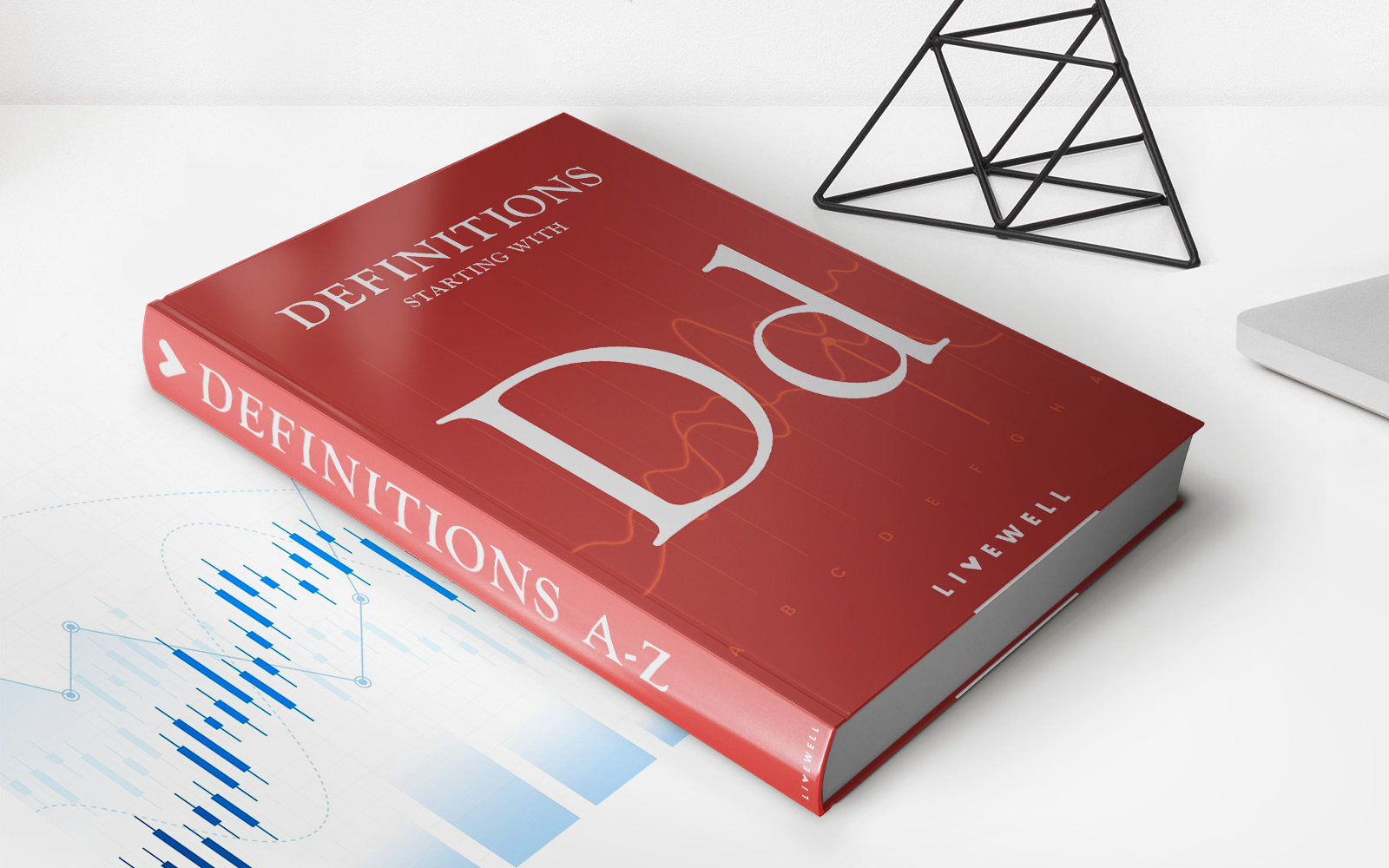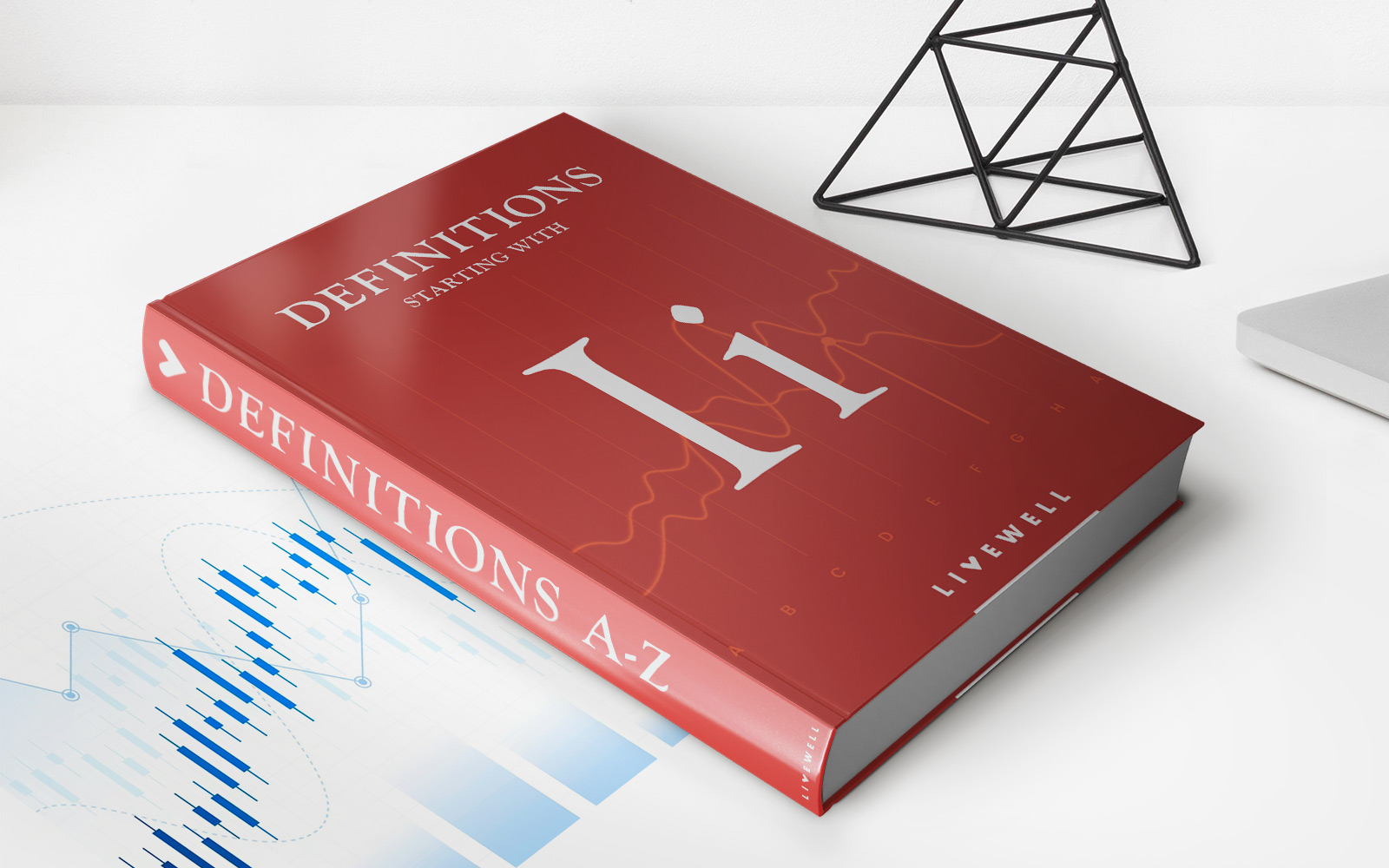Home>Finance>If You Pay Only The Minimum Payment, What Is The Interest On Credit


Finance
If You Pay Only The Minimum Payment, What Is The Interest On Credit
Published: February 27, 2024
Learn the impact of paying only the minimum on credit card interest. Get insights on finance and managing credit card payments. Discover more.
(Many of the links in this article redirect to a specific reviewed product. Your purchase of these products through affiliate links helps to generate commission for LiveWell, at no extra cost. Learn more)
Table of Contents
- Understanding the Impact of Minimum Payments on Credit Card Interest
- What You Need to Know About Minimum Payments on Credit Cards
- Understanding How Credit Card Interest Accumulates
- The Long-Term Consequences of Minimum Payments on Credit Card Debt
- Effective Strategies for Taking Control of Credit Card Balances
- Navigating Credit Card Debt with Informed Decision-Making
Introduction
Understanding the Impact of Minimum Payments on Credit Card Interest
Credit cards are convenient financial tools that offer flexibility and purchasing power. However, many individuals are unaware of the long-term financial implications of making only the minimum payment on their credit card balances. This article aims to shed light on the often overlooked aspect of credit card usage: the impact of minimum payments on accruing interest.
When individuals make purchases using a credit card, they enter into a financial agreement with the card issuer. This agreement typically includes details about the minimum monthly payment required to keep the account in good standing. While making the minimum payment may seem like a manageable way to handle credit card debt, the reality is that it can lead to significant long-term costs in the form of interest.
By delving into the concept of minimum payments and the associated interest, this article seeks to empower readers with a deeper understanding of credit card usage and debt management. Understanding the implications of minimum payments on credit card interest is crucial for making informed financial decisions and avoiding the pitfalls of long-term debt accumulation.
Understanding Minimum Payments
What You Need to Know About Minimum Payments on Credit Cards
Minimum payments on credit cards are the smallest amount that a cardholder must pay each month to keep the account in good standing. This amount is calculated based on a percentage of the total balance or a fixed minimum, whichever is higher. While the minimum payment provides a short-term solution for managing credit card debt, it is essential to recognize its long-term implications.
It’s important to note that the minimum payment primarily covers the interest accrued on the outstanding balance, with a smaller portion allocated to reducing the principal amount owed. As a result, consistently making only the minimum payment can prolong the time it takes to pay off the balance and significantly increase the total interest paid over the life of the debt.
Cardholders should also be aware that the minimum payment percentage can vary among credit card issuers and may change based on the outstanding balance. Understanding the specific terms and conditions outlined by the card issuer is crucial for managing credit card debt effectively.
While the minimum payment offers temporary relief by preventing late fees and maintaining the account in good standing, it is not a sustainable strategy for long-term debt management. By comprehending the nature of minimum payments and their impact on the overall debt, individuals can make informed decisions about their financial well-being and take proactive steps to address credit card balances responsibly.
Calculating Interest on Credit
Understanding How Credit Card Interest Accumulates
When it comes to credit cards, interest is the cost of borrowing money from the card issuer. The interest rate, also known as the annual percentage rate (APR), determines the amount of interest charged on the outstanding balance. To calculate the interest on a credit card, the APR is divided by the number of days in a year to determine the daily periodic rate. This rate is then applied to the average daily balance to determine the interest accrued for that period.
Understanding the mechanics of interest calculation is essential for individuals seeking to manage their credit card debt effectively. The compounding nature of credit card interest means that the interest is charged not only on the principal balance but also on the accumulated interest from previous periods. As a result, carrying a balance and making only the minimum payment can lead to a cycle of increasing debt due to the compounding effect of interest.
Moreover, credit card issuers may employ different methods for calculating interest, such as the average daily balance, adjusted balance, or previous balance method. Each method affects how interest is assessed on the outstanding balance, further influencing the total interest paid over time. By familiarizing themselves with the specific interest calculation method used by their card issuer, individuals can gain insight into the true cost of carrying a credit card balance and make informed decisions regarding debt repayment.
By gaining a deeper understanding of how credit card interest accumulates, individuals can make informed choices about managing their finances and avoiding the pitfalls of excessive interest payments. Armed with this knowledge, individuals can take proactive steps to address their credit card debt and work towards financial stability.
Effects of Making Only Minimum Payments
The Long-Term Consequences of Minimum Payments on Credit Card Debt
Making only the minimum payment on a credit card balance can have far-reaching consequences that extend beyond the immediate financial obligations. While it may provide temporary relief by preventing late fees and maintaining the account in good standing, the long-term effects can be financially burdensome.
One of the primary repercussions of making minimum payments is the extended time it takes to pay off the debt. Since the minimum payment primarily covers the interest accrued, a smaller portion is allocated to reducing the principal balance. As a result, the outstanding balance decreases at a slower pace, leading to a prolonged repayment period. This extended timeline means that individuals end up paying significantly more in interest over the life of the debt.
Furthermore, carrying a balance and making only the minimum payment can negatively impact an individual’s credit score. Credit utilization, which measures the amount of available credit being used, plays a significant role in determining credit scores. Higher credit utilization, often resulting from carrying a high balance, can lower credit scores and affect the individual’s ability to secure favorable terms for future credit or loans.
Additionally, the cycle of debt perpetuated by making minimum payments can lead to a sense of financial stress and insecurity. As the balance remains largely unchanged, individuals may find themselves trapped in a cycle of debt accumulation, making it challenging to achieve financial goals or address unexpected expenses effectively.
Understanding the long-term effects of making only minimum payments on credit card debt is crucial for individuals seeking to take control of their financial well-being. By recognizing the implications of this approach, individuals can explore proactive strategies for managing and reducing their credit card balances, ultimately working towards financial freedom and stability.
Tips for Managing Credit Card Debt
Effective Strategies for Taking Control of Credit Card Balances
Managing credit card debt requires a proactive approach and a commitment to financial responsibility. By implementing strategic measures, individuals can take control of their credit card balances and work towards a debt-free future. Here are some tips for effectively managing credit card debt:
- Create a Repayment Plan: Develop a structured repayment plan that outlines how you will pay off your credit card balances. Consider prioritizing high-interest balances or utilizing debt repayment strategies such as the snowball or avalanche method to accelerate debt reduction.
- Avoid New Charges: Temporarily refrain from making new charges on your credit cards to prevent the accumulation of additional debt. Focus on addressing existing balances before resuming regular credit card usage.
- Pay More Than the Minimum: Whenever possible, strive to pay more than the minimum payment to expedite the reduction of your credit card balances. By allocating additional funds towards your debt, you can minimize the impact of interest and shorten the repayment timeline.
- Explore Balance Transfer Options: Consider transferring high-interest credit card balances to cards with lower or 0% introductory APR offers. This can provide temporary relief from accruing high interest, allowing you to make more significant strides in reducing your debt.
- Seek Financial Counseling: If you find yourself overwhelmed by credit card debt, consider seeking guidance from financial counselors or advisors. They can offer personalized strategies and insights to help you navigate your debt challenges effectively.
- Monitor Your Credit Score: Regularly monitor your credit score and credit reports to stay informed about your financial standing. Understanding your credit profile can empower you to make informed decisions and track your progress as you work towards reducing your credit card debt.
- Practice Financial Discipline: Cultivate healthy financial habits by budgeting effectively, controlling discretionary spending, and prioritizing debt repayment. By exercising financial discipline, you can mitigate the risk of accumulating excessive credit card debt in the future.
By implementing these strategies and maintaining a proactive approach to managing credit card debt, individuals can navigate their financial challenges with confidence and work towards achieving a debt-free lifestyle.
Conclusion
Navigating Credit Card Debt with Informed Decision-Making
As individuals navigate the realm of credit card usage and debt management, understanding the implications of minimum payments on accruing interest is paramount. The convenience of credit cards should be balanced with a keen awareness of the long-term financial consequences associated with carrying balances and making only the minimum payment.
By gaining insights into the impact of minimum payments on credit card interest, individuals can make informed decisions about their financial well-being. It is essential to recognize that while minimum payments offer short-term relief, they can lead to prolonged debt repayment periods and substantial interest costs over time.
Armed with this knowledge, individuals can proactively address their credit card debt by implementing effective strategies such as creating structured repayment plans, refraining from new charges, and seeking opportunities to transfer high-interest balances. By prioritizing financial discipline and seeking guidance when needed, individuals can take control of their credit card balances and work towards achieving a debt-free future.
Ultimately, managing credit card debt requires a combination of informed decision-making, proactive financial strategies, and a commitment to responsible financial habits. By embracing these principles, individuals can navigate their credit card debt challenges with confidence, paving the way for long-term financial stability and well-being.














